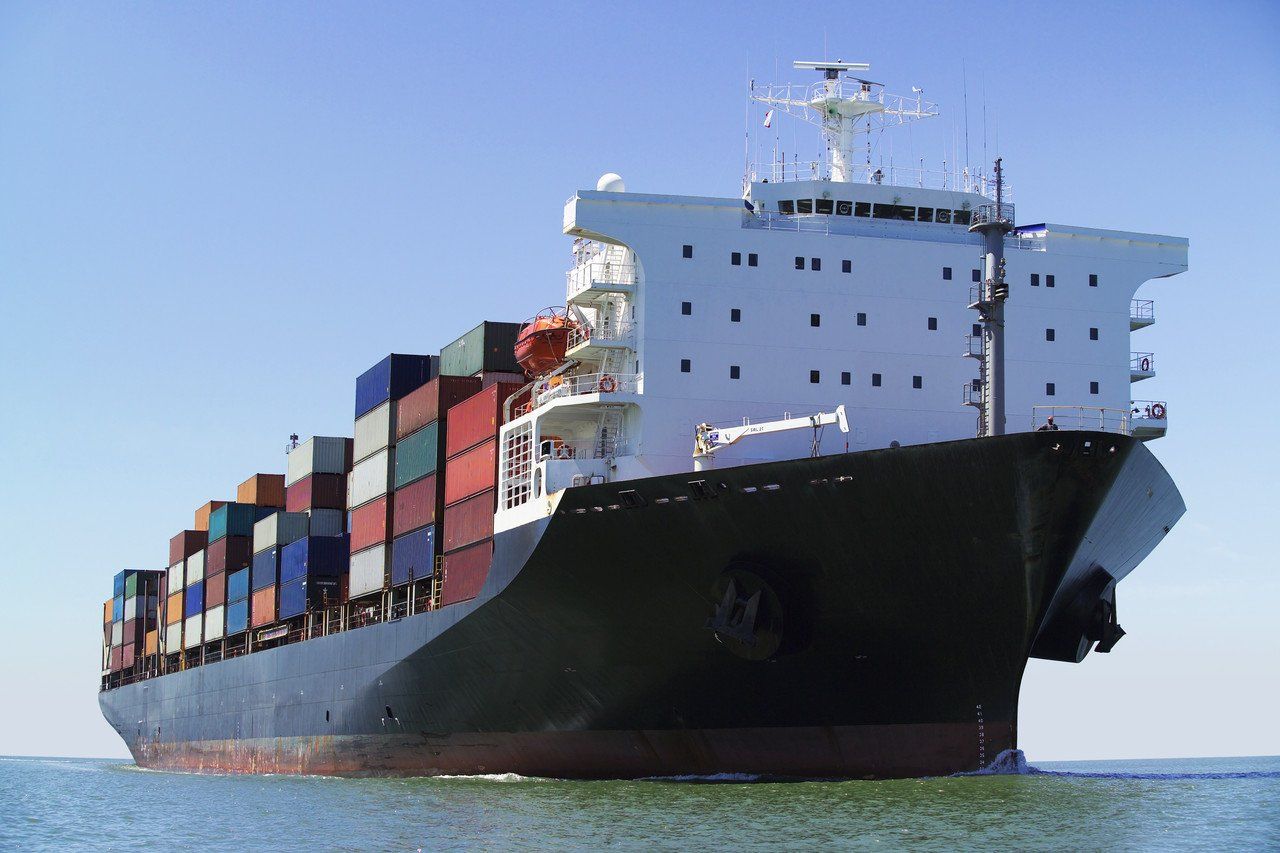The time is now to set your Net Zero goals! Achieve them with BSI
WORKING TOGETHER
BSI Training Courses will work with you to come up with the very best solutions for your sustainable business challenges!
01
Learning at your own pace from £90 plus VAT. Offers a high-level overview of the concept of Net Zero.
02
Understand the Corporate Sustainability Reporting Directive from £190 plus VAT.
The EU leads ESG Compliance
03
ISO 20400 Learn principles and practices of sustainable procurement £390 plus VAT
04
This introductory course covers the essential concepts of Net Zero £390 plus VAT
Just 4 of 28 Learning Courses from BSI.
Choose from on-demand e-learning (16) In house (5) or Virtual Instructor led training (7).
The pace of change has accelerated in 2025, some may say exponentially. The European Commission is moving rapidly. Don't get left behind, every business will benefit from the positive spin that is happening as pan-European trade responds to new opportunities.
Breaking News from BSI
The ISO Net Zero Standard, which is expected to launch at the 2025 United Nations Climate Change Conference (COP30) in Belém, Brazil, in November 2025, aims to provide clarity on the net zero transition and will enable robust climate action and accelerate progress towards a sustainable world.
As the UK’s National Standards Body, BSI collaborates with the global network of 170+ National Standards Bodies around the world to develop governance mechanisms that support credible and verifiable climate action.
The new standard is the lead of three new standards that ISO will launch together, they are:
- ISO Net Zero Standard: A Unified Framework for Global Climate Action
- ISO Transition Finance Standard: Driving Sustainable Financial Practices
- ISO ESG Implementation Principles: Embedding Sustainability into Business Practices
Together the three new ISO Standards will create a global framework that will foster trust, transparency and scalability. Susan Taylor Martin, Chief Executive of BSI, underscored the importance of this initiative: “I am delighted that BSI has co-led the development of these Implementation Principles to help organizations of all types embed ESG measurably and consistently.
In the meantime watch the BSI video to find out how these standards together will play their role in the net zero future.
Soon to be replaced by the three new standards, The ISO Net Zero Guidelines -2022 are the first deliverables within the ISO framework that defines Net Zero and a credible path to achieve it.
BSI report that they led the development of these guidelines which represent for the first time the convergence and harmonization of a historically fragmented net zero governance landscape. In fact research has found that fewer than 4% of net zero commitments are backed by credible plans to achieve them. These Net Zero Guidelines, which BSI helped to develop, are now leading conversion to a
full certifiable standard that can help support organisations of all shapes, sizes and jurisdictions to develop their own credible paths to net zero.
Did you find the video helpful? If you want to find more, or if you want to work with us please complete the contact form, we will respond.
Contact Us
The Circular Economy
BSI have confirmed that the Circular Economy is a crucial component in the road to NET ZERO. Discover how BSI can help your company stay ahead of the competition.
In October 2024 BSI reported:
The Net Zero Guidelines integrate circular economy activities into an organisation's pathway to net zero. At the outset every business should consider how it might reduce, reuse, repair or recycle items, machinery or goods that form part of Scope 1, 2 & 3.
As soon as practicable every organisation should consider how its products and services might be redesigned to meet the three principles of the Circular Economy:
- Eliminate waste and pollution.
- Circulate products and materials (at their highest value)
- Regenerate nature.
There is an urgency in rethinking designs for products and services, essentially to remove linear take-make-waste in all of its forms from every source, globally. This fact is well known to the world's major companies and they are encouraging urgency along their value chains. Today, before 2030, it may be in the form of help and support to ensure that your companies goods and services are fit for purpose in the circular economy.
Governance is moving towards compliance through regulatory channels and that will include financial reporting standards. On December 18 2024 news emerged from the UK Sustainability Disclosure Technical Advisory Committee (the TAC) that it has approved recommendations to endorse climate disclosure, then later sustainably related reporting standards for use by UK companies. SME's including micro businesses will be expected to comply detailing meaningful evidence where appropriate throughout their value chain of Scopes 1,2 and 3 carbon outputs.
BSI can help every kind of business not only to comply with the new financial reporting standards but construct its own path to Net Zero. SME's that opt in to working with BSI will find their expertise around Net Zero extends into how they might redesign their products and services to meet growing consumer demands for product that meet the challenges of entering the Circular Economy with goods that are for purpose.
Below is a reminder of GHG Emissions by sector supporting why every businesses should make that all important move towards Sustainable Development Goals
BSI have developed powerful and intuitive online training resources specifically for sustainability in business
Road to Net Zero
Achieve Carbon Neutrality
Key actions leaders and non-sustainable professionals will need to take to deliver net zero objectives
Try the BSI free sustainability evaluator to discover where your organization sits on your sustainability journey and what still needs to be done to achieve your aim.
Simply
click this
link
to discover where you are on the journey.
Data Published by UK Office of National Statistics June 2023
The ONS UK Environmental Accounts - 2023 published in June report that the UK produced 502m tonnes of carbon dioxide equivalent (Mt Co2e) in the period 2020-2021.
The four biggest pollution sources are households, energy, manufacturing and transport which between them account for in excess of 69% of all pollutants to atmosphere.
The same four sectors were the biggest consumers of fossil fuel - accounting for 80% of all fossil fuel used in 2020-2021.
A reduction in overall UK greenhouse gas (GHG) emission intensity would, in theory, indicate that the UK is moving towards a lower carbon economy.
Progress but not enough
In 2021, the UK emitted 0.19 thousand tonnes of Co2e per £million of gross value added (GVA). This is a drop of 67% since 1990.
Agriculture, forestry and fishing was by far the most emission intensive industry in 2021 after surpassing electricity, gas, steam and air conditioning supply in 2016.
This is likely a combination of the agriculture industry being the heaviest emitter of the potent GHG CH4 (Methane) and reductions in emission intensity of the electricity industry.
International Travel
Let our experts guide you to make the best choices
As business people we sometimes need to travel both domestically and internationally. Where possible a journey by train generates the least C02. If we need to fly then plan ahead to minimise the number of flights and hotels, travel economy with airlines that publish C02 per passenger mile.
Part of your planning should include your own C02 emissions per flight which will be required since your company is expected to publish its combined C02 emissions. The International Civil Aviation Organisation provide an intuitive resource to help you.
What we do
European countries, including the United Kingdom can travel visa free to over 190 countries world wide. Nevertheless you will be required to complete an online form to gain entry, before you travel. Completing the documentation will help you arrange your itinerary especially when visiting the United States which has strict entry requirements. We can help click the link below to find out more.














